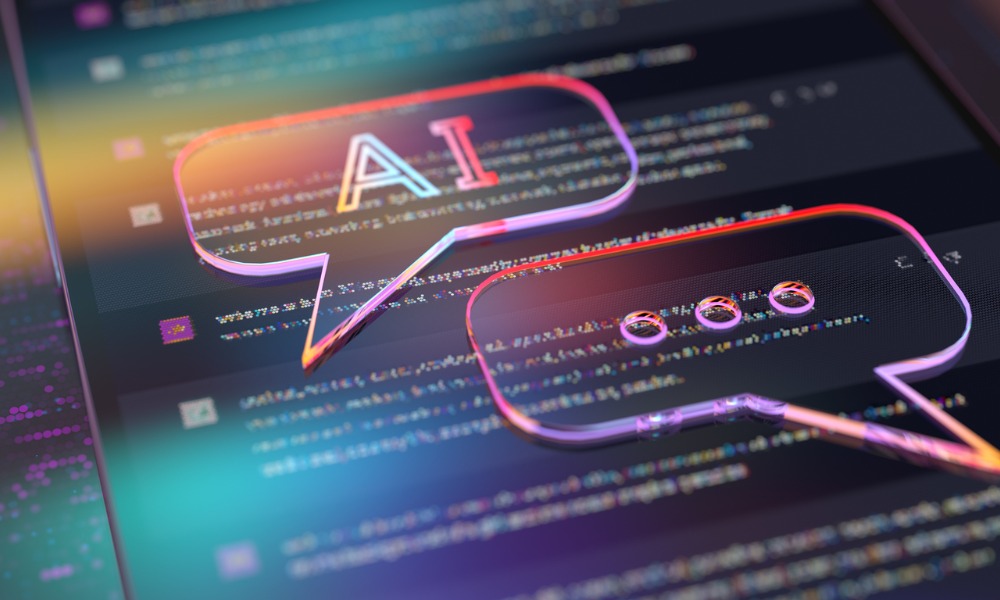
Adopting a generative AI policy for employees can help reduce legal risk

As generative AI, seen through products like ChatGPT and Azure AI, becomes more advanced, it is increasingly being used by businesses within the workplace. Whilst this development is transforming workplaces, leading to increased productivity and efficiencies, the use of AI in the workplace is accompanied by significant risk of liability. Therefore, it is important that business owners and employers protect themselves accordingly.
AI, when used by companies, can generate significant risk and liability, when used carelessly or incorrectly.
Particularly, there are growing privacy and confidentiality concerns arising from the use of AI within the workplace. Generative AI is governed by the Privacy Act 1988 (Cth) and susceptible to civil actions arising from the Act. Similarly, employers and businesses remain liable for any breaches of the Act that are caused by AI.
Further, when inputting confidential information into AI generators, there are concerns that some systems lack the necessary data protection mechanisms to adequately protect the data. There have been instances of data leaks arising from the use of AI.
Bias in AI systems have also been known to occur, with the algorithms potentially reflecting discriminatory societal and cultural factors. A recent case in the US settled for US$365,000 after a recruitment AI software automatically rejected female applicants aged 60 or older, and male applicants aged 60 or older.
Therefore, relying on generative AI puts employers at risk of discrimination, even if they are unaware of its occurrence.
AI systems have also been known to generate false and inaccurate information known as “hallucinations.” This puts businesses and employees at risk of engaging in activities or business decisions based off false and misleading information.
Clearly, there are significant risks associated with AI in the workplace. However, if you protect your business properly, AI can be used to enhance your business, improving efficiencies and aiding employees in the workplace.
All employers that use AI within the workplace should implement a generative AI Use Policy which will guide employees about if and when it is acceptable for them to use AI within the workplace, and any rules employees must follow when using AI programs.
Within this policy, the following topics should be addressed: